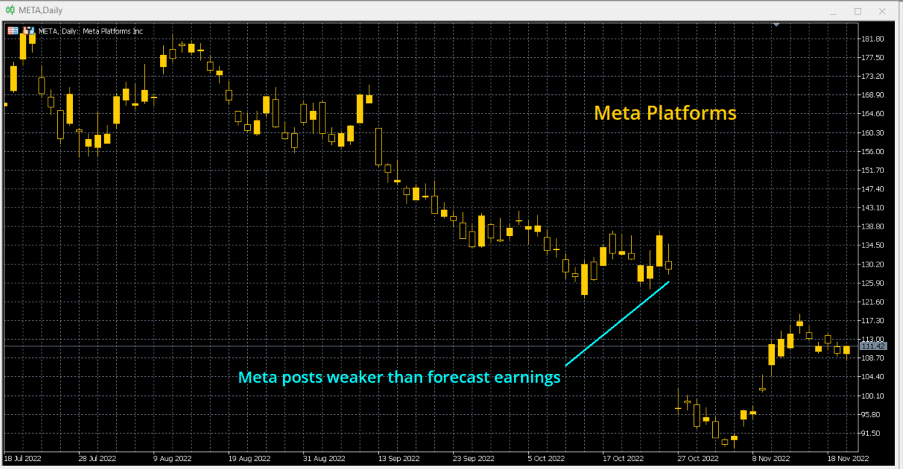What is Earnings Season?
“Earnings Season” is a period when publically traded companies announce their results (how the company is performing). There are four earnings seasons per year which is why it is also often referred to as “Quarterly Earnings Season”.
In the US, companies tend to have similar period end dates and also tend to run to a standard calendar year. Subsequently, their quarters tend to come at the end of March (Q1), June (Q2), September (Q3) and December (Q4). The time when companies announce their results is known as “earnings season”.
When does earnings season begin?
After the period end, companies will collate their results but some will report sooner than others. Traditionally, the results announcement by Alcoa has been seen as the unofficial start of earnings season as it is the first big corporate to report.
In recent years, this has not always been the case, but traders will often still view the announcement of Alcoa’s results to be when earnings season kicks off. Alcoa tends to announce results around the second or third week after the prior quarter ends.
How long is earnings season?
In the US, earnings season tends to be measured by the announcements of the companies in the S&P 500 (the top 500 companies by size in the US). The vast majority of the companies will have announced results within two months of the prior quarter ending. So, measured from Alcoa, earnings season tends to last about six weeks.
This means that there are very few companies announcing results in March, June, September and December. These months are considered to be outside earnings season.
Earnings season and financial markets
During earnings season, market chatter is all about how companies are performing. What do results mean for the company and the sector? What do results mean for the broader economy? It can have a significant impact on the performance of Wall Street. How companies perform versus historical averages can be key to the S&P 500 Index rallying or correcting.
Outside of earnings season, the driving factors for equities tend to be more macro-focused, with geopolitics and news flow being important. However, during earnings season, share prices can be extremely volatile and sensitive to corporate results.

Expectations can be crucial for earnings season
Individual corporates will look to guide analysts on how the company is performing. This gives analysts a chance to formulate forecasts and expectations.
Before earnings season the share price performance will often be determined by how analysts set the expectation compared to the current outlook. Then, with the announcement of corporate results during earnings season, share prices will react to how the companies have actually performed against those expectations. Traders and investors are looking to take a view on any surprises to sales or earnings expectations.
A positive surprise (or a “beat”) to earnings or sales numbers will tend to drive a share price higher. However, if there is a negative surprise (or a “miss”) to estimates, it will likely weigh the share price lower.